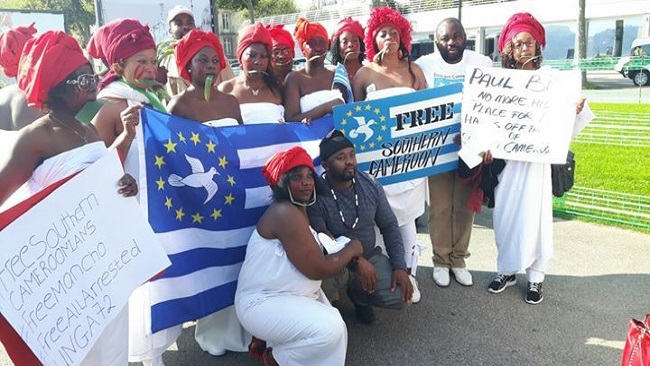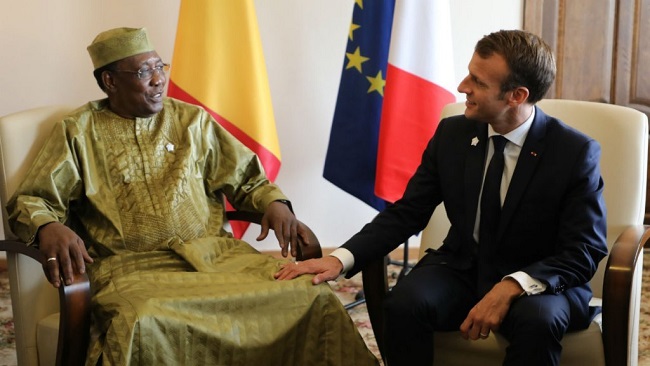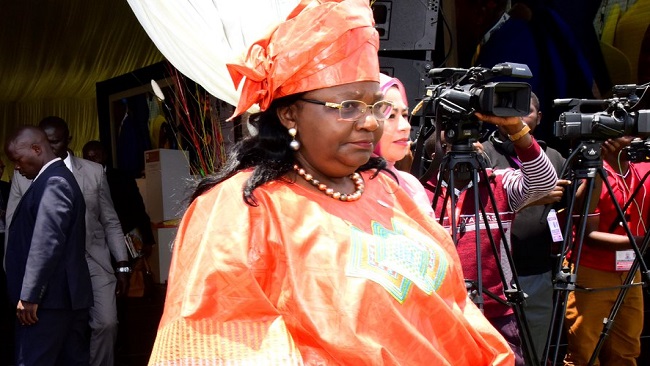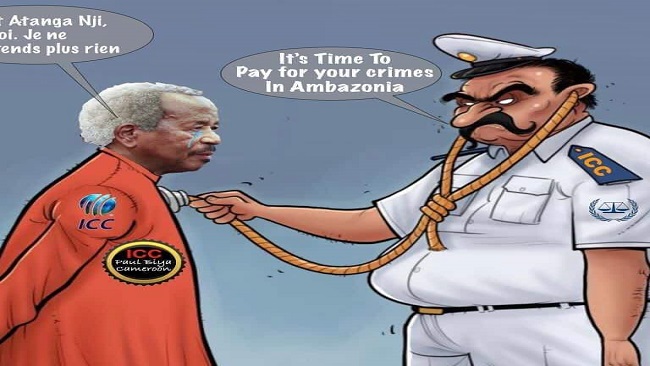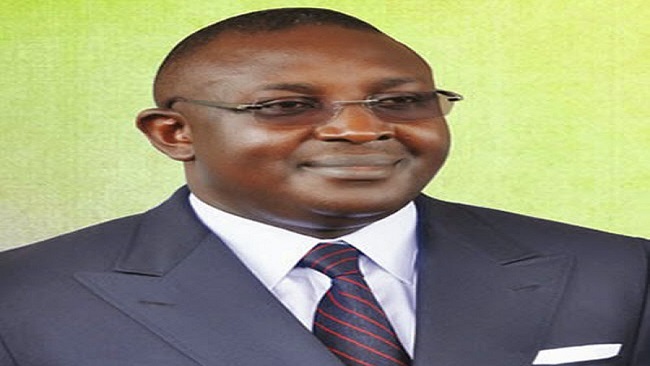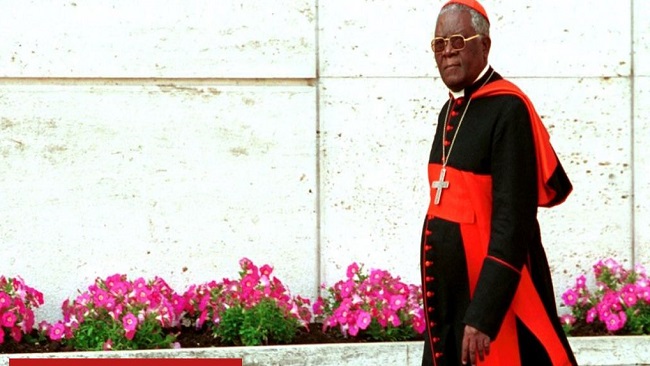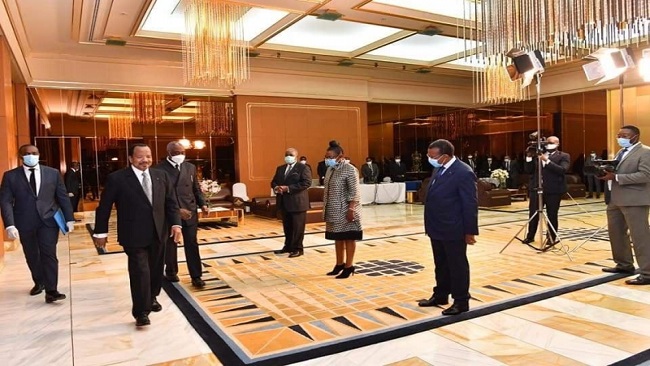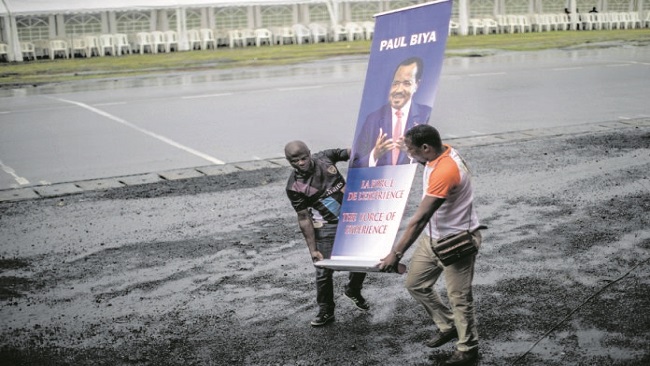2021 Budget: Understanding the Southern Cameroons quest for an independent state
Here is the breakdown of Cameroun’s Public Investment Budget (Bip) 2021 by region.
CENTER REGION – 336 Billion Fcfa – 35.6%;
SOUTH REGION- 195 billion CFA francs – 20.8%;
EXTREME – NORTH REGION – 86 billion Fcfa – 9.2%;
LITTORAL REGION -63 billion Fcfa – 6.7%;
NORTH WEST – 48 billion FCFA – 5.1%;
NORTH REGION – 46 billion CFA francs – 4.9%;
ADAMAOWA – 45 billion FCFA – 4.8%;
WEST REGION REGION – 44 billion FCFA – 4.7%;
EAST REGION – 40 billion FCFA – 4.3%;
SOUTH-WEST- 37 billion Fcfa – 3.9%.
The budget of the South Region is 195 billion FCFA (20.8%) which is over two times the budget of the war torn and their darling NORTH WEST and SOUTH WEST combined (9.0%).
The Southern Cameroons are given a meager token of 85 billion FCFA or 9% of the Investment budget even though they provide 60% of the revenue. The marginalization is not a myth, it is a reality.


